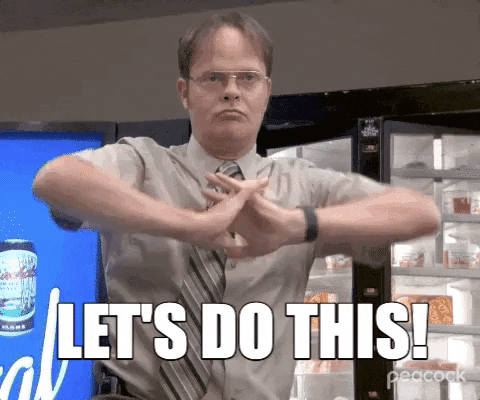It's nearly the end of the interview. You've answered all the questions and are ready to take a rest.
But it's not over yet. Now comes the "Do you have any questions for us?" part.

Why Is This Part Important?
Even though the tables have turned, you shouldn't underestimate this last part.

Asking questions gives you a chance to:
show that you really are interested in the role
reassure them of your qualities
work out whether this role or company is the right fit for YOU
1. Ask About The Company
Hopefully, you did your research and you know a lot about the company already. But you can still use this opportunity to find out more about the company's:
financial health (if you're worried about your job security)
future plans
culture and values
job satisfaction and employee turnover
Sample questions:
What are the company's current goals?
Where do you think the company is headed in the next 5 years?
What are the biggest challenges facing the company/department right now?
How would you describe the culture here? What type of people tend to really thrive here?
What do you like the most about working for this company?
2. Ask About The Role
By now, you should have a good understanding of the role, but ask questions to find out more about:
your day-to-day responsibilities
challenges
development opportunities
performance review and success measurement
Sample questions:
Can you describe a typical day or week on the job?
What are some of the challenges you expect the person in this position to face?
Are there opportunities for advancement or professional development?
What attributes does someone need to have in order to be really successful in this position?
What will I need to achieve in 90 days/6 months to be successful in this role?
3. Ask About The Team
You'll be spending a lot of time with these people, so find out a bit more about them, such as:
team dynamics and communication method
projects they've worked on
where your role sits within the team
the boss's management style
Sample questions:
What is the team structure like and who will I work most closely with?
Can you show me examples of projects the team worked on?
What types of skills is the team missing that you’re looking to fill with a new hire?
What makes this role available?
Who will I report to and what's their management style?
4. Your Last Questions
It's time to wrap up, but you might want to ask if there's anything else you could do and what the next steps are.
Sample questions:
Before we finish, is there anything that I can clarify or elaborate on regarding my suitability for the position?
Are there any important aspects of the job we haven't covered?
What are the next steps in the interview process?
Do's And Don'ts
Do:
feel free to ask questions throughout the interview — it's a two-way process
come prepared with a list of questions ready
consider who you're interviewing with and what they might answer
know what matters to you and make sure to ask about them
Don't:
make the impression that you haven't done your research
ask questions that have already been covered during the interview
repeat questions in the different stages of the interview process
ask about the salary during the first interview
Take Action
Ready?

Next time you have a job interview, remember:
Your feedback matters to us.
This Byte helped me better understand the topic.
